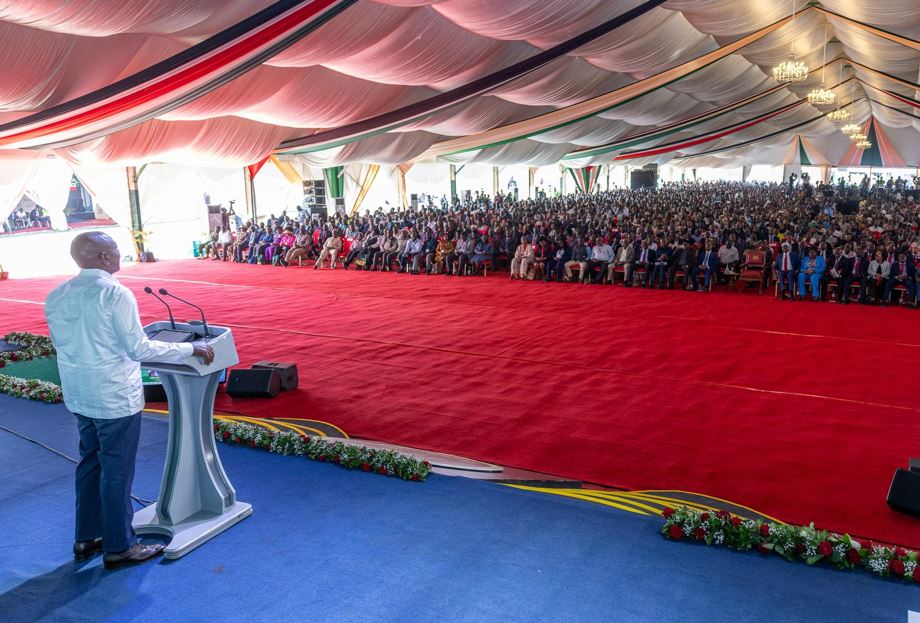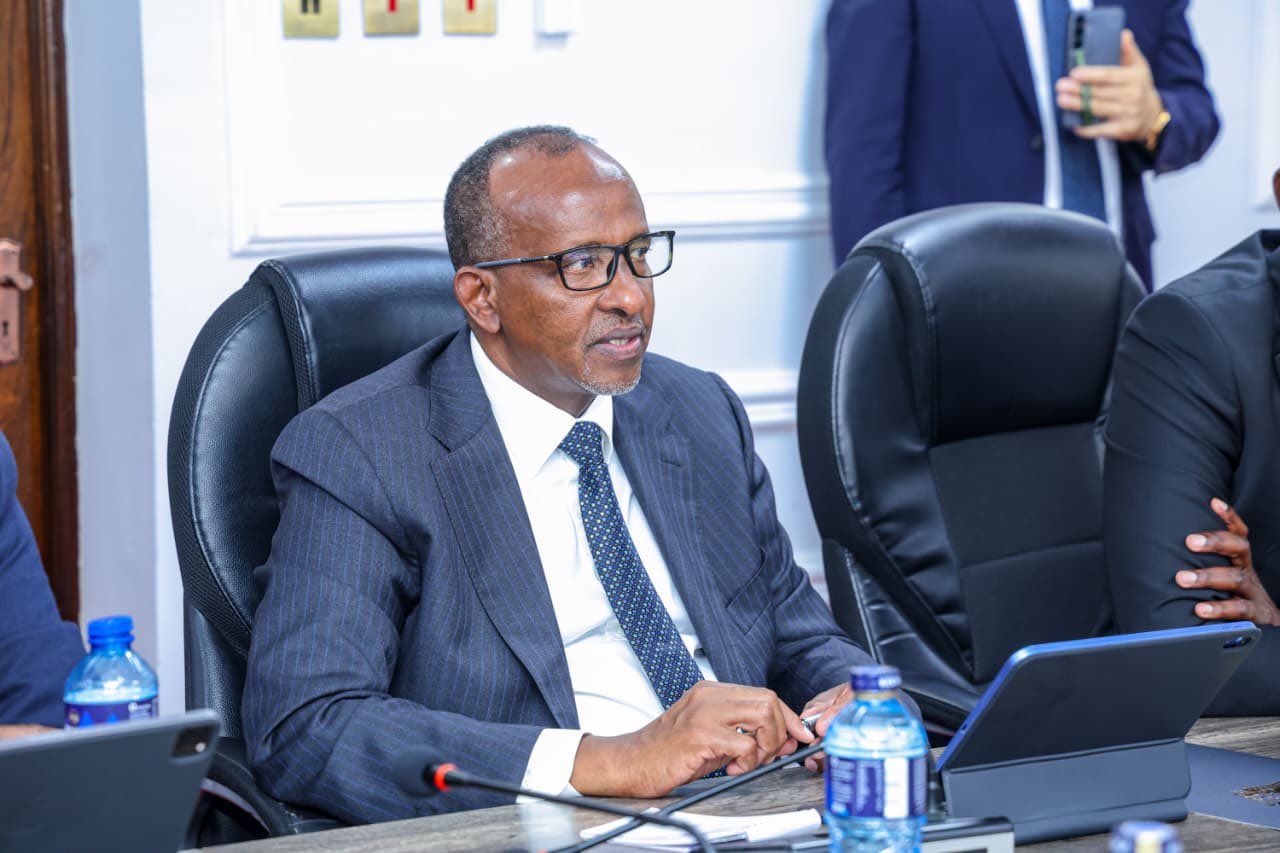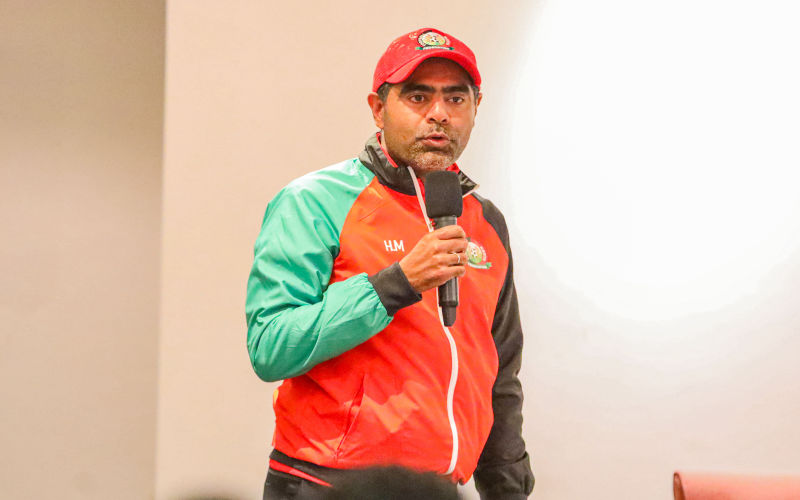New law prohibits lenders from using threats on borowers during loan recovery

The new provisions aim to curb exploitative practices in the microfinance sector, offering enhanced safeguards for borrowers and guarantors.
Borrowers from non-deposit-taking microfinance institutions will now be safeguarded from abusive debt collection methods under new amendments to the Microfinance Act that came into effect on January 1, 2025.
The revised law, introduced through the Business Laws (Amendment) Bill, 2024, prohibits lenders from using harassment, violence, or threats during loan recovery. It also bans the intimidation of guarantors or anyone connected to the borrower.
More To Read
- Central Bank of Kenya invites Kenyans to review total cost of credit website
- Loan interest rates drop as CBK moves to scrap risk-based pricing
- Farmers abandon Hustler Fund as CBK report shows shift to banks and digital loans
- Kenya’s loan defaults surge to Sh717.5bn as banks intensify recovery efforts amid financial strain
- Kuscco executives took Sh192 million insider loans before dismissal
- Government breaches law by using Sh467.6 billion from borrowed loans for salaries
According to Section 53(2) of the updated Act, non-deposit-taking microfinance businesses (MFBs) must not “harass, abuse or oppress a borrower, guarantor or any person in connection with collection or recovery of a debt,” nor should they “threaten or use violence or illegal means” or employ “obscene or profane language” in debt collection efforts.
The changes also require MFBs to ensure transparency by providing borrowers with clear information on loan terms, financial costs, and repayment procedures.
Additionally, lenders must protect borrowers’ privacy in line with Article 31 of the Constitution and the Data Protection Act.
“Every person has the right to privacy, which includes the right not to have their possessions seized,” the Act states.
The law further mandates that MFBs refrain from charging interest, fees, or penalties unless explicitly agreed upon in a contract between the lender and borrower.
Borrowers of physical credit now enjoy the same protections as digital credit users. Lenders are required to inform borrowers of all costs associated with micro-loans before issuing them.
The Act allows individuals conducting non-deposit-taking microfinance activities before the new law to continue operations while applying for a licence. They must do so within six months and comply with the Act, regulations, and any directives from the Central Bank.
The new provisions aim to curb exploitative practices in the microfinance sector, offering enhanced safeguards for borrowers and guarantors.
Top Stories Today















































